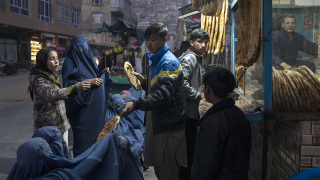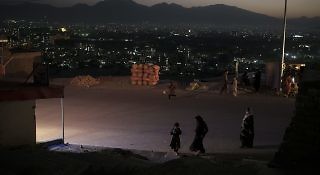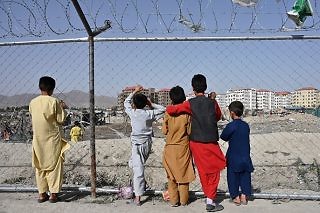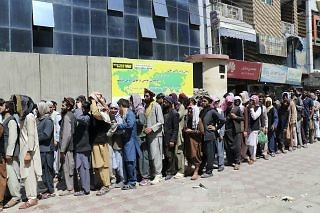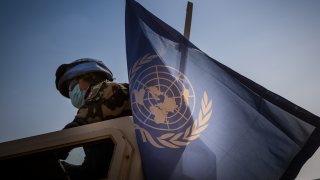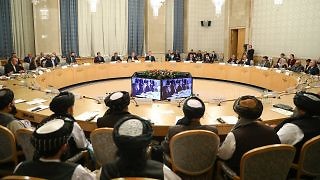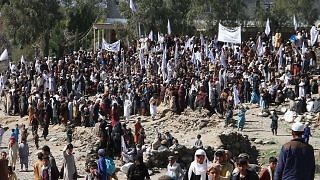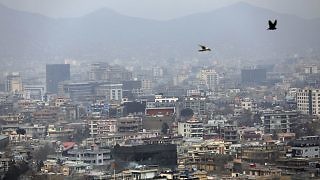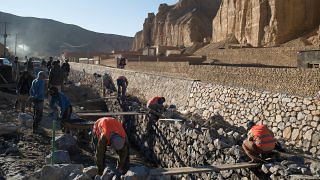Amid mounting pressure to alleviate the humanitarian catastrophe in Afghanistan, the United Nations Security Council took the rare step of creating a humanitarian exception for the 1988 Taliban sanctions regime.
Tag: Afghanistan
-
-
As the international community grapples with how to approach the crisis in Afghanistan, many are questioning the role that international sanctions should play in seeking to encourage or pressure the Taliban not to revert to its ways of the past.
-
Rather than start with the supply side (what the UN can offer) the initial question should start with the demand side (what does Afghanistan need).
-
With the end of the withdrawal and evacuation from Afghanistan, two major issues confront US policy. First is how to meet mounting humanitarian needs and save the social development programs that have benefited Afghan women—one of the few positive outcomes of the intervention. The second is how to guard against Afghanistan becoming a haven for […]
-
Neither local nor international politics are currently right for a UN peacekeeping deployment in Afghanistan.
-
As the peace talks gain momentum again, ensuring that women’s voices are sufficiently represented in peace efforts should be a top priority.
-
The alternative to a negotiated peace agreement and new security arrangements is a continuation of the present war with its devastating human consequences.
-
Afghanistan’s future is at stake and the vital importance of containing spoilers while encouraging a broad and productive debate on peace cannot be overstated.
-
Amid all the peace negotiations and political disagreements, the voices of the people of Afghanistan have often been undermined.
-
The repetition by US Defense Secretary James Mattis during his recent visit to Islamabad that Pakistan should “redouble” its efforts against Islamist militants has further strained an already tumultuous relationship. These recent public statements mask the broader disarray in US foreign policy and the flaws in the new approach to Afghanistan and South Asia unveiled earlier this year.
